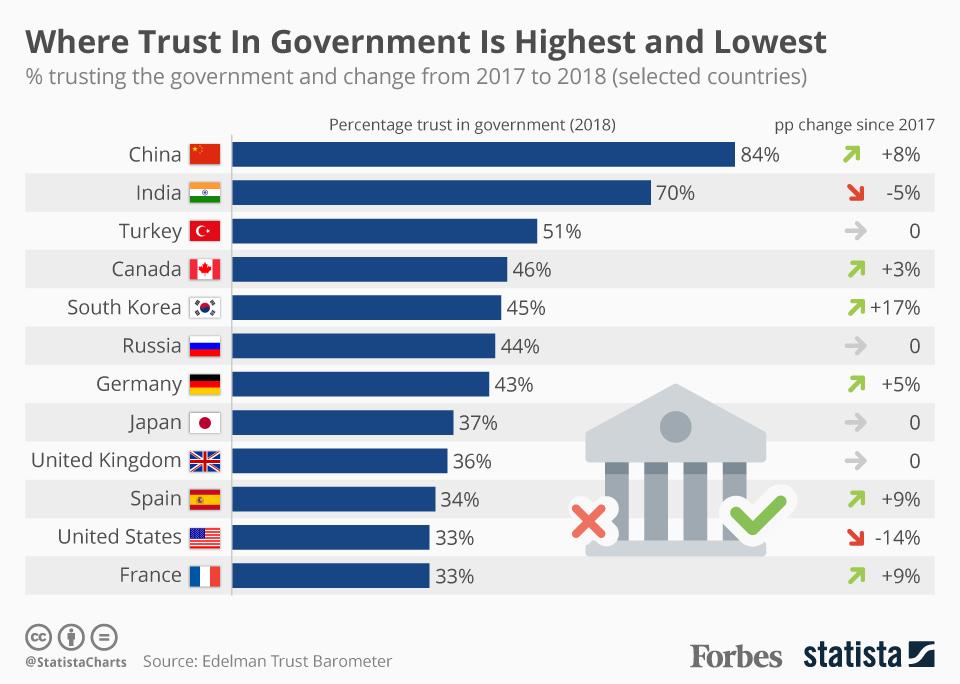
Examining the popular Narrative of “Democracy vs Autocracy” by Joel Wong
By Joel Wong
By now people around our world have realized that the US-China relationship is extremely consequential. It has profound impacts on the global economy, geopolitics, human rights, technology, and the future of world order. The world took a collective deep breath as Biden and Xi met in a summit which took the main stage during the recent APEC in San Francisco.
While Xi proposed that US-China can co-exist because “planet earth is big enough for the two countries to succeed”, President Biden still seems subscribed to the popular narrative of “Democracy vs Autocracy ”. Perhaps this is why he called Xi a “dictator” later on during the day.
Let’s take a few minutes to compare the two political systems:
United States Democracy:
Pros:
Individual Freedoms: Guaranteed by the US Constitution.
Political Participation: Citizens have the right to vote in elections, choosing representatives who reflect their interests.
Checks and Balances: Separate co-equal branches of government – legislative, executive, and judicial.
Adaptability: The democratic system allows for gradual evolution and change through the amendment process.
Cons:
Gridlock and Inefficiency: Difficult to reach consensus and implementation due to partisan politics.
Polarization and Division: The two-party system has fostered political polarization, especially in recent years.
Influence of Money: Special interest groups skewing policy decisions.
Chinese Authoritarian Policies:
Pros:
Decisiveness and Efficiency: The centralized power structure allows for rapid decision-making and efficient implementation of policies.
Long-term Planning: Focus on long-term planning, rather than short-term political cycles.
Social Stability: Emphasis on social order and stability can contribute to a peaceful and secure environment for citizens.
Economic Growth: China’s economic growth under authoritarian rule has been remarkable and unprecedented.
Cons:
Lack of Individual Freedoms: Suppression of areas of individual freedoms.
Limited Political Participation: Lack of democratic elections at the national level.
Human Rights Abuses: Tight control over society has led to human rights abuses.
Potential for Instability: Susceptible to instability due to power struggles.
Are Chinese people satisfied with their own form of government?
In many recent surveys, Chinese people have generally express higher levels of satisfaction with their government compared to Americans. In 2018, 84% of Chinese people were satisfied with their government, while only 33% of Americans felt the same way. This trend continues, with a 2022 survey showing that 91% of Chinese citizens trust their government, compared to only 39% of Americans.

Effective management of the US-China relationship is crucial for ensuring world peace, prosperity, and cooperation. Personally, I believe that the American system has more upsides if we take the money out of politics and resolve the extreme partisan politics.
Let’s hope that each system is allowed to succeed in its own way!
